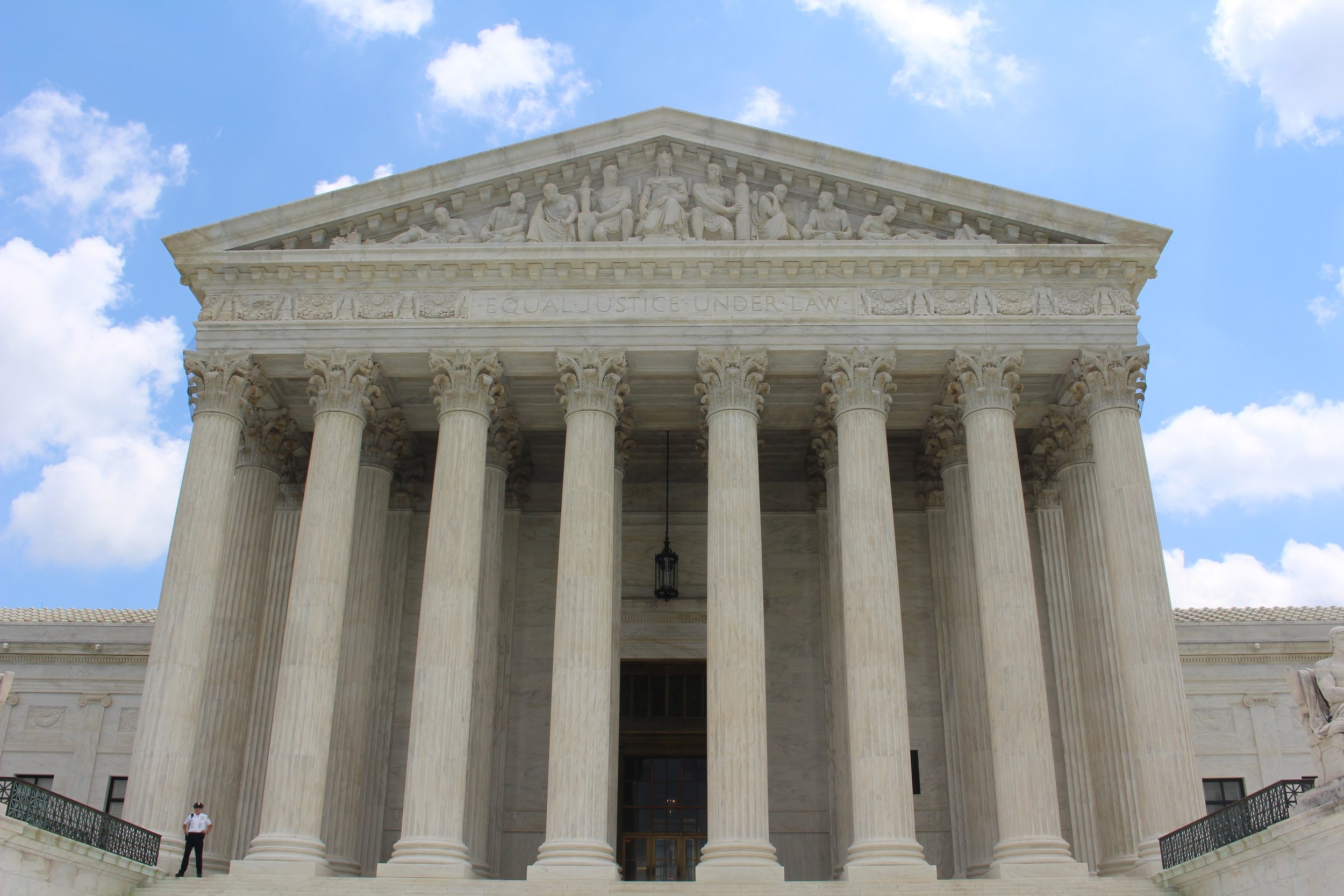The Relevance of Habeas Corpus in Legal Protection: Lawyer's Viewpoint
The Relevance of Habeas Corpus in Legal Protection: Lawyer's Viewpoint
Blog Article
Recognizing the Function of a Post-Conviction Lawyer in Looking For Justice After a Criminal Conviction
In the facility landscape of post-conviction lawful procedures, the duty of a post-conviction legal representative is pivotal in browsing the course to justice after a criminal conviction - arkansas federal lawyer. As the search of justice extends past the boundaries of preliminary process, the duty of a post-conviction legal representative arises as a sign of hope for those looking for to correct injustices and recover their rights within the legal system.
Post-Conviction Legal representative's Investigatory Work
Post-conviction lawyers involve in meticulous investigatory work to uncover brand-new evidence, step-by-step errors, or misconduct that could possibly cause rescinding a sentence. This investigative stage is important in the post-conviction process as it intends to identify any kind of neglected details or lawful errors that may have affected the outcome of the first trial. Post-conviction lawyers explore case documents, witness testimonies, and lawful documents with a fine-tooth comb, browsing for any kind of inconsistencies or abnormalities that might be premises for appeal.
Via extensive examination, post-conviction lawyers intend to clarify prospective oppressions that may have happened throughout the original test. They might perform interviews, seek advice from with experts, and evaluation forensic proof to build a compelling case for their clients. By inspecting every facet of the legal process, post-conviction lawyers work tirelessly to reveal any kind of factors that may have affected the verdict. Inevitably, their investigatory work plays an essential duty in the pursuit of justice and the potential reversal of wrongful convictions.
Crafting Appeals and Petitions
In the quest of justice after a conviction, knowledgeable lawyers thoroughly craft charms and applications to existing engaging debates for the reconsideration of lawful choices. Crafting allures and applications calls for a deep understanding of the lawful system, interest to detail, and calculated thinking. Post-conviction attorneys assess test documents, recognize possible mistakes or infractions of legal rights, and establish legal disagreements to challenge the conviction or sentence.
When crafting an appeal, legal representatives concentrate on highlighting lawful mistakes that may have impacted the outcome of the case. They look into instance legislation, statutes, and legal criteria to sustain their debates. Requests, on the other hand, may include offering new evidence that was not offered during the test or showing modifications in the law that necessitate a testimonial of the conviction.
Furthermore, post-conviction lawyers have to stick to rigorous procedural rules and target dates when submitting charms and petitions. They have to provide their arguments plainly and persuasively to persuade the court to give alleviation to their clients. Via careful crafting of appeals and applications, post-conviction legal representatives aim to protect justice for people who have actually been wrongfully convicted or unfairly punished.

Seeking Post-Conviction Alleviation
Post-conviction relief encompasses a variety of legal devices made to test the credibility of a conviction or sentence. description Post-conviction lawyers play a crucial function in navigating these intricate procedures, making certain that all legal choices are explored to fix injustices that might have happened throughout the trial or sentencing stage.
One typical type of post-conviction alleviation is submitting an application for post-conviction relief, usually based on cases of inadequate aid of counsel, prosecutorial misconduct, recently found proof, or constitutional violations. Experienced post-conviction lawyers possess the abilities and expertise essential to recognize sensible lawful cases, conduct examinations, and existing engaging debates to safeguard alleviation for their clients.
Using Forensic Evidence
When challenging a conviction or sentence, the strategic usage of forensic proof can be an effective device in post-conviction legal procedures. Forensic evidence encompasses a variety of clinical methods used to investigate criminal activities and develop truths in court. Post-conviction attorneys can leverage forensic proof to test the credibility of convictions by offering brand-new clinical searchings for that were not offered during the original test.

Involving in Sentence Adjustments
Post-conviction attorneys might check out the possibility of sentence adjustments as a legal avenue to deal with disproportionate or unjustified sentences passed on in criminal instances. Sentence alterations entail looking for modifications to the terms of a defendant's sentence after a conviction has actually happened. These adjustments can include decreasing the size of a sentence, changing the type of punishment enforced, or checking out alternate sentencing options.
Post-conviction lawyers can seek sentence alterations with various lawful systems, such as submitting activities for sentence reduction, appealing for compassionate launch, or bargaining plea deals for lowered sentences. They need to thoroughly review the conditions of the situation, assess the legal premises for seeking an alteration, and existing compelling disagreements to the court supporting the demand for a revised sentence.
Taking part in sentence adjustments requires a detailed understanding of criminal legislation, sentencing guidelines, and the specific treatments involved in looking for post-conviction alleviation. Post-conviction legal representatives play a critical function in supporting for fair and simply end results by tough sentences that are unduly rough or do not straighten with the principles of justice.
Conclusion
Finally, the function of a post-conviction legal representative is important in looking for justice after a criminal sentence. With investigatory work, crafting allures and petitions, going after post-conviction alleviation, utilizing forensic evidence, and involving in sentence modifications, these lawyers play a vital function in advocating for their clients and making certain that their rights are supported within the criminal justice system. Their devotion and competence are essential in navigating the complexities of post-conviction procedures and attaining a reasonable outcome for individuals dealing with criminal sentences.
Report this page